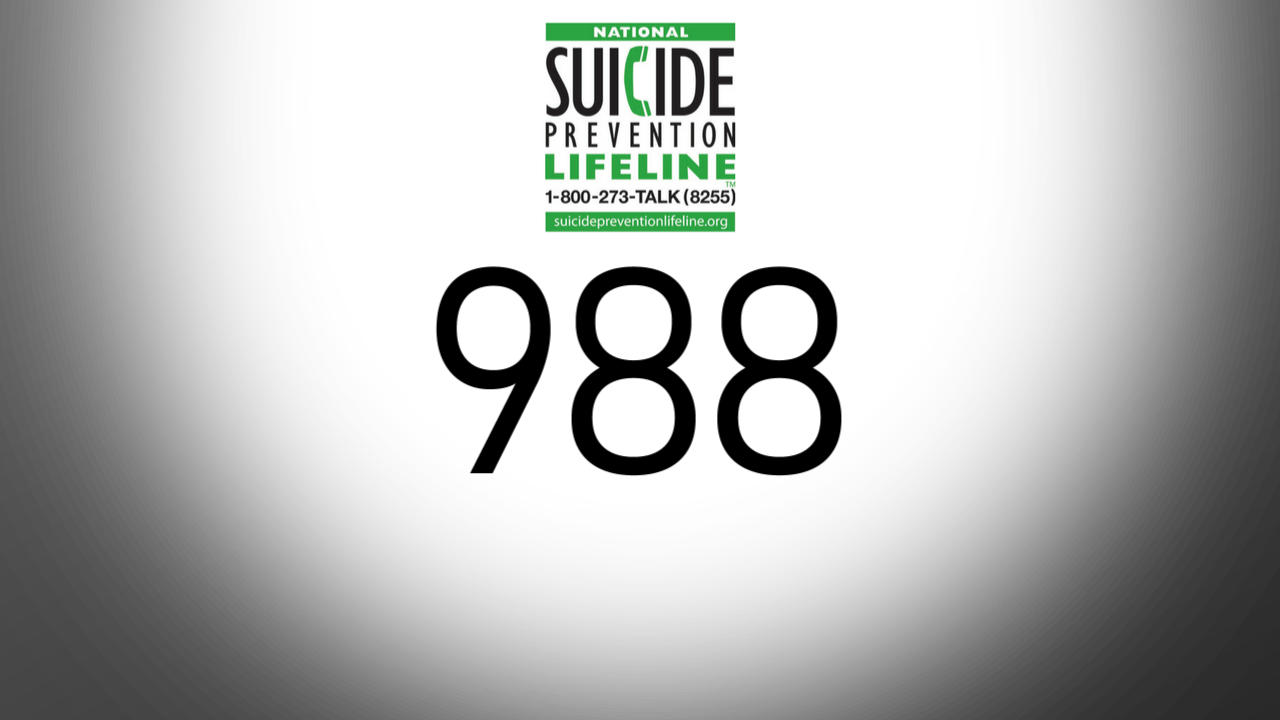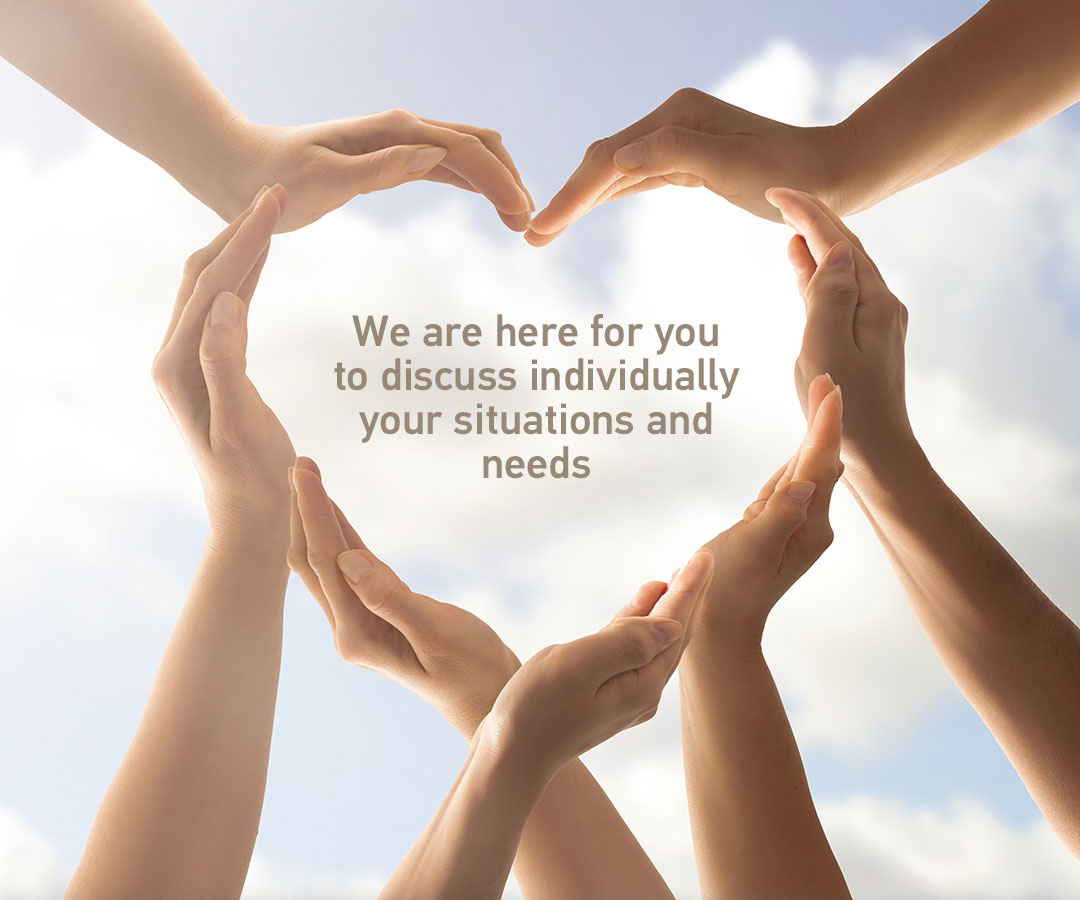Mental Health Resources
National Suicide Prevention Lifeline (24/7) call: 988
NAMI Crisis Text line (24/7) Text NAMI to 741-741
(National Alliance on Mental Illness)
Youth Crisis Hotline: 1-800-843-5200
National Parent Helpline: (M-F 10am-7pm)
call 1-855-2736 for emotional support and advocacy for parents
Grief counseling https://elizabethhospice.org/grief-support/children/ (Links to an external site.)
Your Amazing Counselors
Your counselors are all here for you. You can reach your counselor via email, Parentsquare, and/or their google phone number. See their contact information below:
Mrs. Corinne Bodnar
Mrs. Kristy Sanchez
[email protected]
Mrs. Kebra Deckert
Mrs. Diana Jimenez
Coping Skills
A coping skill is the way that you choose to respond to your feelings of stress, anger, and other emotions. There are two types of coping skills - healthy and unhealthy.
Healthy
A healthy coping skill is a way of coping that helps you feel better and doesn't harm you or other people physically or emotionally. A healthy coping skill is one that doesn't lead to negative consequences.
Unhealthy
An unhealthy coping skill might help you feel better in the moment, but it usually lead to consequences and can be harmful to yourself and others. A pattern of using unhealthy coping skills usually leads to poor relationships with others.
HEALTHY EXAMPLES
- Using positive self-talk
- Deep breathing
- Reading a book
- Going for a walk
- Volunteering
- Exercising
- Talking to a friend
- Playing a sport or game
- Hanging out with friends (in-person or virtually)
- Listening to music
- Meditating!
- Drawing or painting

- Sharing your feelings
- Taking time by yourself (just not too much time)
- Talking to a trusted adult (like a School Counselor)
- Taking a hot bath/shower
- Resolving the problem vs avoiding the problem
- Being in nature
UNHEALTHY
- Name-calling or insulting
- Being violent toward others
- Spreading rumors
- Yelling and screaming
- Hurting yourself
- Threatening
- Reckless behavior
- Using drugs or alcohol
- Shutting down
- Emotional eating
- Blaming others
- Avoiding the problem
- Being passive-aggressive
- Getting revenge
- Destroying property
- Pretending not to care
- Oversleeping
- Negative social media posts
Stress Survival Guide
What is Stress?
Recognize it - What are you thinking? How are you feeling? What is your body doing?
- Thinking
- constant worry
- forgetfulness
- difficulty making decisions
- inability to concentrate
- loss of sense of humor
- Emotional
- anxiety
- anger
- feeling powerless
- frequent mood swings
- irritability
- frustration
- nervousness
- sadness
- Physical
- racing heart
- headaches
- exhaustion
- upset stomach
- muscle tension
- just not feeling like 'you'
Address it
- Thinking
- engage in positive self-talk
- take a hiatus from social media
- accept that stress is a normal part of life
- try mindfulness
- let yourself rest if you're close to a burnout
- Emotional
- talk about what's stressing you out - friend, family member, trusted adult
- keep a stress journal
- prioritize your time - write lists of what needs to be done, and when
- break big tasks into smaller steps
- set healthy habits and rituals - check our self affirmations
- ask for some help
- consider seeing a counselor if its too much
- Physical
- healthy sleep - 6-8 hours
- move your body - Exercise
- get your nutrients - Eat healthy and take your vitamins
- deep breathing -
- relax muscles
- take a lil nap - one 15 minute nap
- listen to calming music - check out our playlist in the Studio
- take a bath - practice good hygiene



